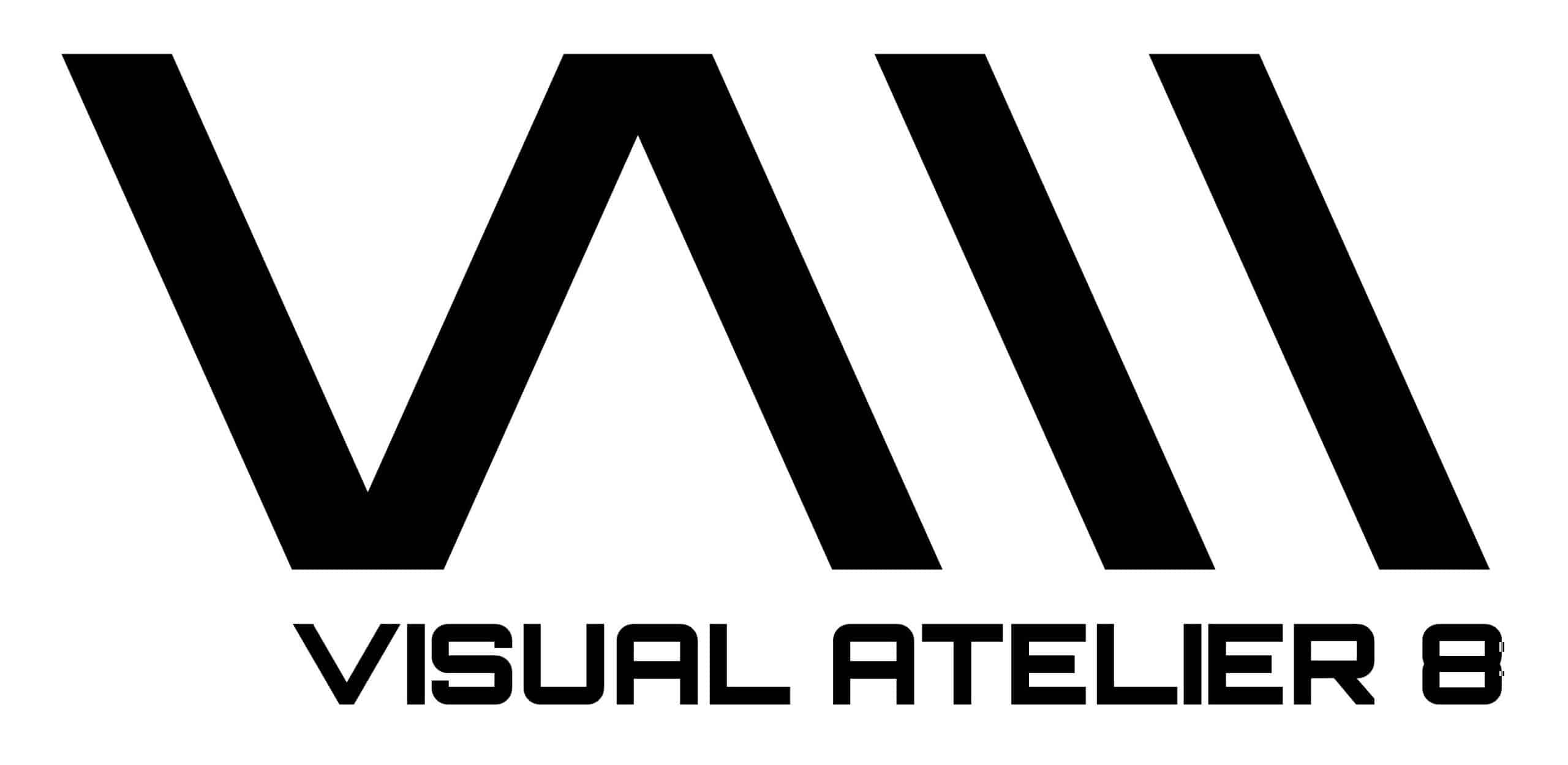
MIGIUI: How design and sensory experiences guide visitors to self-reflection
Situated within the hanok village of Ulju-gun in Ulsan, South Korea, MIGIUI by Architect-K stands as a thoughtful counterpoint to the rapid development reshaping the area. Originally untouched land lying beneath Gounsan Mountain, part of the majestic Youngnam Alps, this site bore the scars of civic interventions—a stark stone wall severing its organic slope, ochre soil exposed and hardened by halted progress. Despite these wounds, reflections of autumnal trees dancing on Golan-mot Pond hinted at nature’s resilience and quiet attempts at healing.

This was the starting point for a design approach rooted not in urban convenience, but in a temporal reading of nature itself. Architect-K envisioned MIGIUI as a living space where the human and the natural could once again intertwine. Rather than impose a typical suburban café structure, the concept aimed to ‘listen’ to the site—to restore it, and through it, inspire reflection. Restoration became the first architectural gesture: leveling the site with the western reservoir, reshaping slopes to mimic natural topography, and embedding trees, stones, and water as if time had never been disturbed.

MIGIUI’ architecture here is not superimposed on the land but emerges from it. Paths mimic forest trails, winding gently across 80 meters like footprints blending into fallen leaves. The café’s design is anchored in the experience of nature, articulated through three courtyards and an uninterrupted flow of interior and exterior that invites visitors to move slowly and mindfully. In this space, the boundary between architecture and forest dissolves—each step through the space becomes an unfolding discovery, both of the environment and the self.

To foster this reflective quality, access to the café is intentionally limited, offering visitors a calm, immersive atmosphere. The branding and menu design support this ethos, drawing from Gounsan Mountain’s elements—wood, stone, and water—not just in flavor but in sensory presence. Food and drink become part of a multisensory journey, echoing the terrain’s visual textures and ambient sounds.

Paradoxically, the MIGIUI architecture’s greatest effort was to disappear. Every design decision—from the 28mm-thick transparent glass walls to the curved stainless steel eaves—was made to achieve an almost invisible presence. Overcoming engineering challenges, such as fabricating massive curved glass panels and integrating rooftop landscaping, was crucial to achieving this illusion of weightlessness and transparency. Even lighting is indirect, concealed between eaves to enhance the structure’s fluid form without drawing attention to itself.

MIGIUI, meaning “unknown” in Korean, is not just a name—it’s a concept. It invites both architect and visitor to dwell in the undefined spaces where nature and design meet. It embodies a shift in architectural thought: away from boundaries and function, toward coexistence and introspection. Over time, it aspires not just to exist alongside the forest but to become part of it, offering each visitor a quiet moment to uncover something new within themselves.


All images courtesy of Architect-K
Interested in publishing your work?
If you are interested in having your work featured on Visual Atelier 8, please visit our Submission page. Once approved, your work will be presented to our global audience of professionals and enthusiasts.

